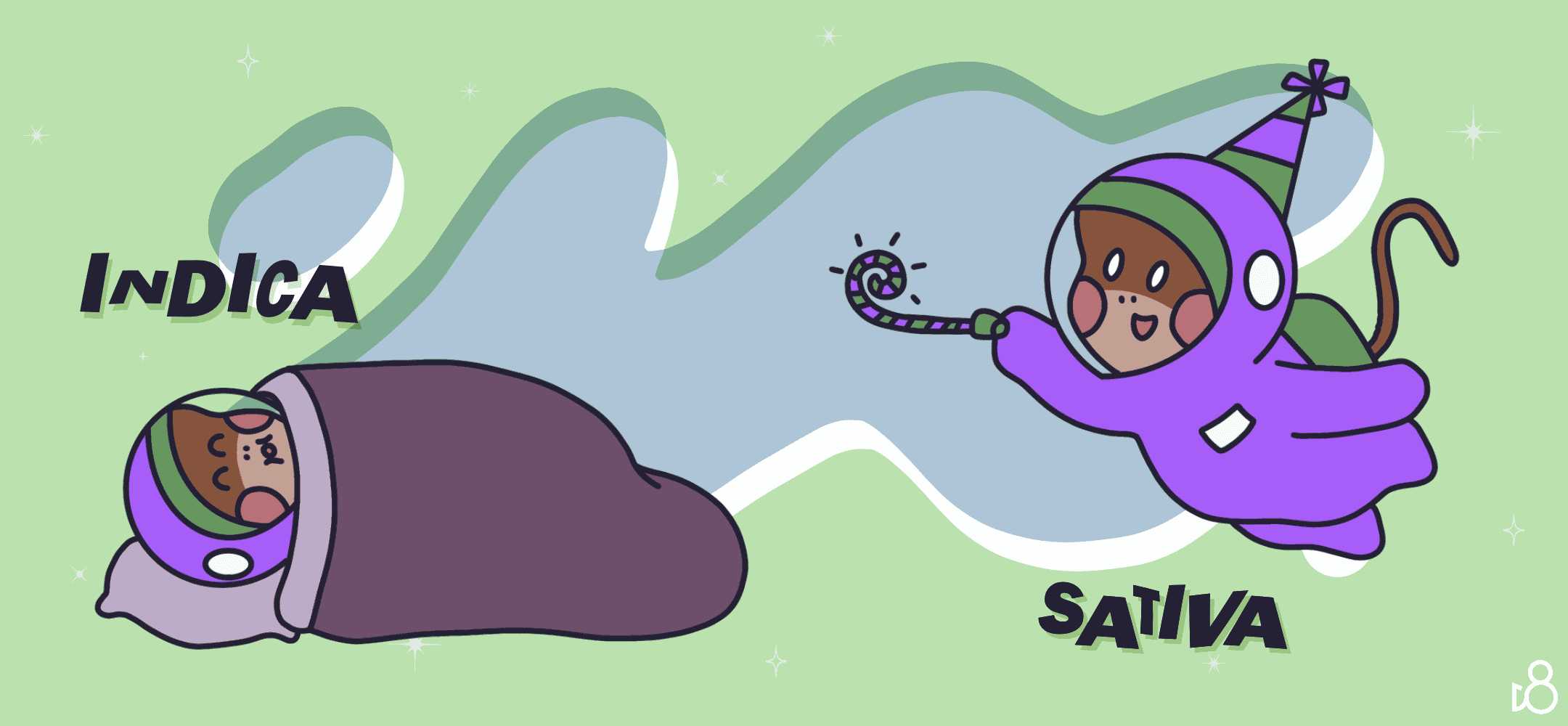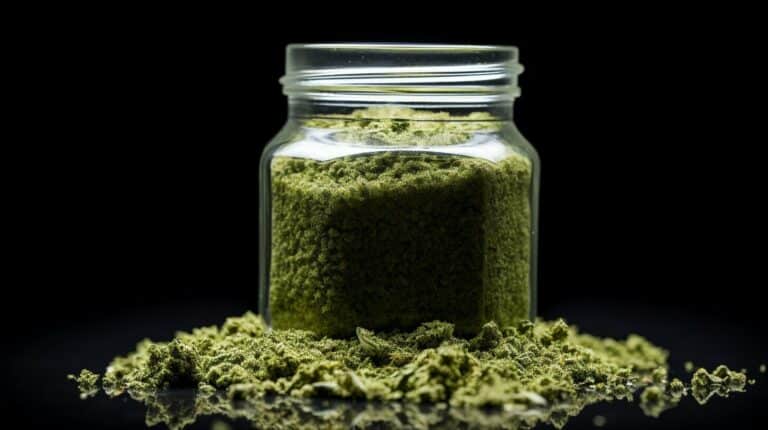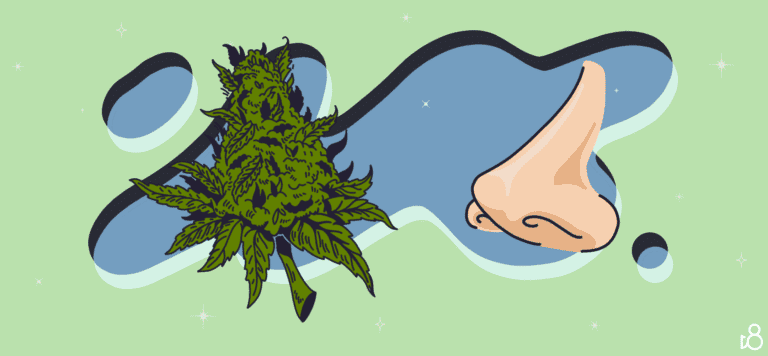Delta 8 Sativa vs Indica: Effects, Uses, and Differences Explained
Diving headfirst into the world of weed, you’ll quickly notice folks tossing around words like sativa and indica all the time. People think these names give you the lowdown on the adventures waiting for you. Sure, both types have delta 8 THC, a sneaky little thing that gives your brain a buzz. But here’s the twist! Delta 8 sativa and delta 8 indica each bring their own special flair to the table, and getting the scoop on what sets them apart is like having a secret map to buried treasure. Why keep reading? Well, this map leads to treasures that not many get to find.
Table of contents
Delta 8 THC, a less potent cousin of delta 9 THC, is found in both sativa and indica plants. It has gained popularity for its purported clearer high and reduced anxiety effects compared to its more common counterpart. If you choose a delta 8 sativa variety, you’re likely looking for a more energizing and uplifting experience, whereas a delta 8 indica strain might be preferred for a relaxing and potentially sedative effect.
While research on delta 8 is still emerging, anecdotal evidence suggests that the sativa vs indica debate extends to products containing delta 8 THC. So whether your cannabis is derived from Cannabis indica or Cannabis sativa plants, the specifics of delta 8’s interactions in your body may be worth considering as you make your selection.
Understanding Cannabis and Cannabinoids
When exploring the world of cannabis, understanding its strains, key compounds such as cannabinoids and terpenes, and the combined effects they produce is crucial to making informed decisions about its use.
The Basics of Cannabis Strains
Cannabis comes in three primary strain types: Sativa, Indica, and Hybrid. Sativa strains, often associated with a cerebral, energizing effect, are said to be more appropriate for daytime use. Indica strains lean towards relaxation and sedation, making them suitable for evening times. Hybrid strains are a blend of both, offering a more balanced effect. Hemp refers to non-psychoactive varieties primarily grown for industrial purposes, containing low levels of THC, the principal psychoactive cannabinoid.
Key Cannabinoids and Their Effects
Cannabinoids are the active compounds in cannabis. THC (tetrahydrocannabinol), especially its forms delta 9 and delta 8, is known for its psychoactive effects. Delta 9 is the most abundant and widely recognized form, while delta 8 is similar but tends to have a milder effect. CBD (cannabidiol), on the other hand, is non-psychoactive and has gained attention for its potential therapeutic benefits. CBN (cannabinol), while present in smaller quantities, is researched for its effects on sleep.
- THC (Psychoactive): Euphoria, altered sense of time, changes in mood.
- CBD (Non-Psychoactive): Potential to relieve pain, reduce inflammation, and calm anxiety.
- CBN (Lesser Known): Investigated for sleep aid properties.
Terpenes and the Entourage Effect
Terpenes are aromatic compounds found in cannabis that determine its scent profile; however, they do more than just create aroma. They can influence the effects of cannabis, contributing to what is known as the entourage effect. This is the theory that all compounds in cannabis work together synergistically. Common terpenes include limonene, associated with citrusy smells and stress relief, and caryophyllene, with pepper-like notes and potential benefits in reducing inflammation.
- Limonene: Citrusy scent, may elevate mood, reduce stress.
- Caryophyllene: Peppery aroma, may have anti-inflammatory properties.
Delta 8 THC: An Overview

Delta 8 THC has garnered attention for its unique properties and legal status. Understanding the science and laws around it is crucial for making informed decisions.
Delta 8 vs. Delta 9 THC
Delta 8 THC (delta-8-tetrahydrocannabinol) is a cannabinoid similar to Delta 9 THC (delta-9-tetrahydrocannabinol), but with a few key differences. Structurally, the two molecules differ in the placement of a double bond on their chain of carbon atoms—Delta 8 has the bond on the 8th carbon, whereas Delta 9 has it on the 9th. This small change results in Delta 8 THC producing a less potent high compared to Delta 9 THC, which is known for its powerful psychoactive effects.
The effects on the body also differ; Delta 8 is often described as providing a calmer and clearer high, with less anxiety and paranoia reported by users. Although both affect the body’s endocannabinoid system, Delta 8 is often considered more manageable, especially for those sensitive to the more intense psychoactive effects of Delta 9 THC.
The Legal Landscape of Delta 8
The legality of Delta 8 THC is nuanced due to the 2018 Farm Bill. This legislation federally legalized hemp and its derivatives, provided they contain less than 0.3% Delta 9 THC. Since Delta 8 is often derived from legal hemp, products containing this cannabinoid fall into a grey area; they are federally legal if they meet the aforementioned THC standards for hemp.
However, Delta 8 is not explicitly addressed by the bill. This has led to confusion and varied legal interpretations, causing a patchwork of local laws. Some states have chosen to explicitly ban Delta 8 THC, while in others, it remains accessible. It’s critical that you check your local laws to understand the specific legality of Delta 8 products in your area, as the federal law does not currently provide clear guidance on this cannabinoid.
Comparing Delta 8 Sativa and Indica Strains
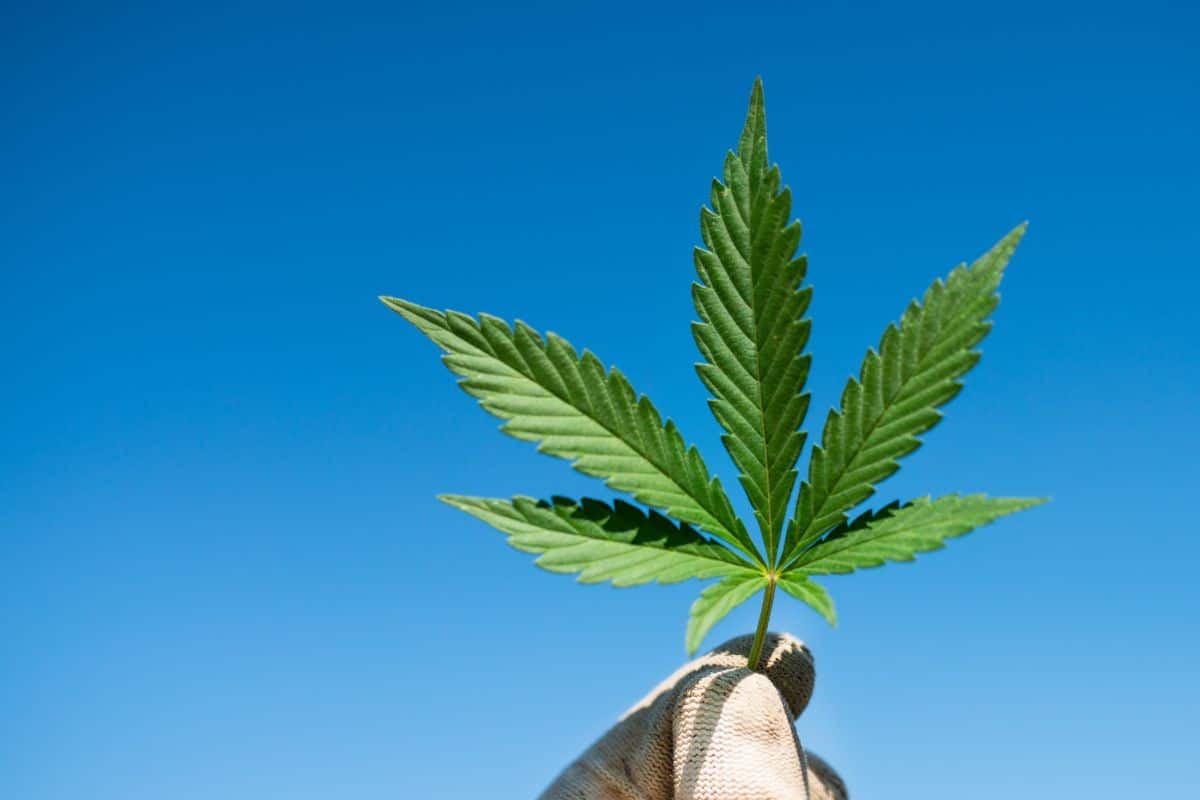
Delta 8 THC, a cannabinoid known for its milder psychoactive effects compared to Delta 9 THC, can be found in sativa, indica, and hybrid strains. Your experience with Delta 8 can vary significantly depending on whether you choose a sativa-dominant, indica-dominant, or a balanced hybrid strain.
Sativa-dominant Delta 8 Effects
Sativa-dominant Delta 8 strains typically provide an energizing and uplifting experience. These strains are often favored for daytime use as they can help enhance your energy and alertness. Smoking or vaping a sativa-dominant Delta 8 flower strain might give you a gentle boost to tackle your daily tasks with increased vigor.
Indica-dominant Delta 8 Strains
Indica-dominant Delta 8 strains are sought after for their relaxing effects. They are generally recommended for evening or nighttime use as they can induce feelings of calm and may help you sleep. The calming effects may lead to a sensation commonly referred to as “couch-lock,” making indica strains a popular choice for those looking to unwind and relax after a long day.
Delta 8 Hybrid Strains and Their Unique Benefits
Hybrid Delta 8 strains provide a balanced experience, incorporating the best of both sativa and indica effects. Hybrid flowers can offer a unique combination of relaxation and mental clarity. Types of Delta 8 strains that are hybrid can be versatile, suitable for use at any time of day based on their specific sativa-to-indica ratio and the individual effects you may be seeking.
How Delta 8 THC Products Influence Experience
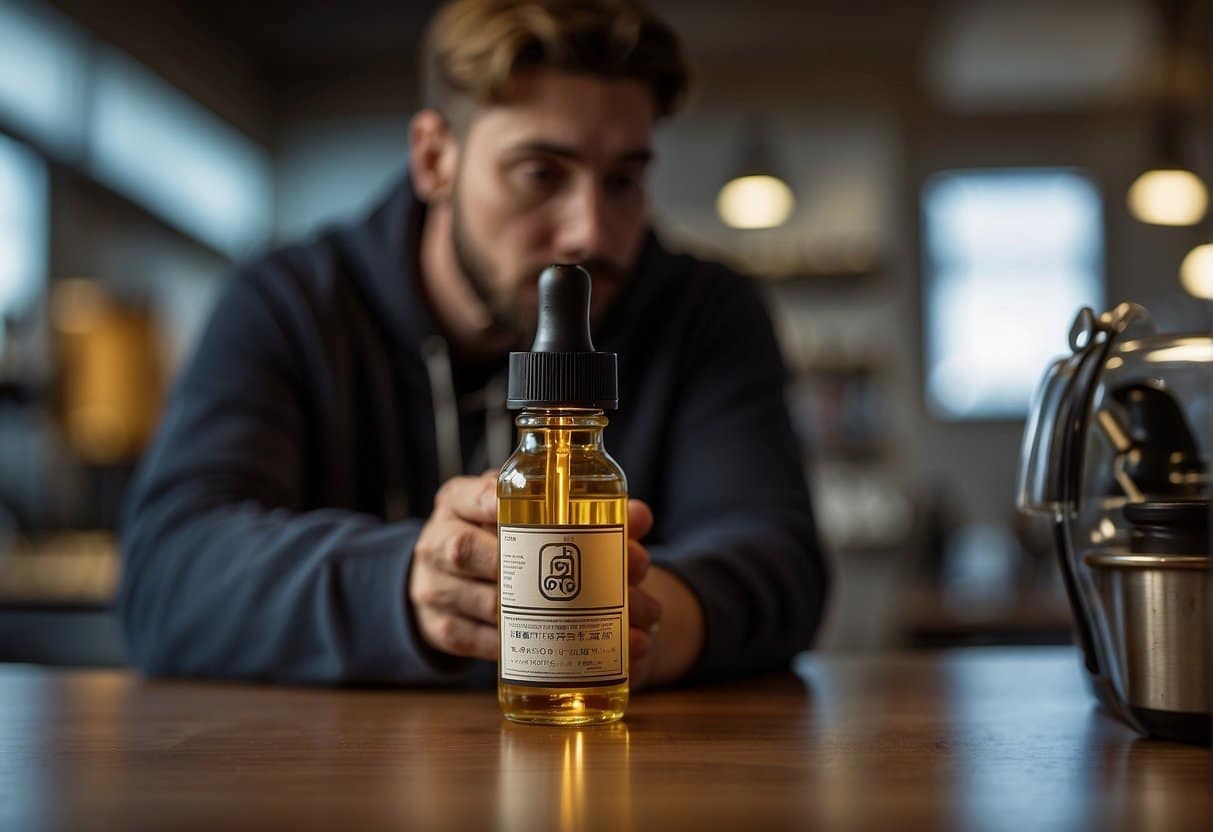
The experience you have with Delta 8 THC products can vary widely depending on the form you choose and the product’s potency. These factors contribute to the intensity and duration of the high you may experience.
Forms of Delta 8 Consumption
Edibles: When you consume Delta 8 in the form of edibles, such as gummies or chocolates, the onset of effects is slower because the product has to pass through your digestive system. However, the resulting high is often longer-lasting and may present a different profile of effects compared to inhalation.
Flower & Smoking: Delta 8 THC is also available in hemp flower form, which you can smoke. This method leads to a rapid onset of effects, as the Delta 8 THC enters your bloodstream quickly through your lungs. Smoking flower typically provides a more traditional experience akin to cannabis, with the expected potency and high.
Vaping & Tinctures: Vaping Delta 8 through cartridges or using tinctures sublingually (under the tongue) are other popular methods. These provide a middle ground in terms of onset; not as fast as smoking, but quicker than edibles. Tinctures especially offer control over dosage, allowing you to manage the potency of the high you’re aiming for.
Delta-8 Distillate: A highly concentrated form of Delta 8 is the delta-8 distillate, which can be used in various ways, including dabbing. This form is potent, and as a consumer, you should be aware that even small amounts can produce significant effects.
Remember, the product’s potency, your personal tolerance, and even how much you’ve eaten that day can alter your experience with Delta 8 products. It’s important to start with lower doses and increase gradually, especially if you’re new to these products, to find the high that’s right for you.
Health and Wellbeing with Delta 8 THC

Delta 8 THC offers a range of therapeutic effects and is associated with certain side effects. Understanding these can help you optimize your health and wellbeing.
Therapeutic Effects of Delta 8 THC
Delta 8 THC, a minor cannabinoid found in cannabis plants, is gaining popularity for its therapeutic potential. Unlike Delta 9 THC, its effects are less potent, making it a choice for consumers seeking a milder high. You might find Delta 8 THC beneficial for:
- Reducing Anxiety and Stress: Small doses could help manage your anxiety, offering a sense of calm without overwhelming psychoactivity.
- Alleviating Pain: It has properties that may help in easing chronic pain by interacting with your body’s pain receptors.
- Improving Sleep: Delta 8 THC might promote better sleep due to its relaxing effects, potentially benefiting those with insomnia.
- Enhancing Focus and Creativity: Users often report increased focus and a boost in creativity, making it suitable for engaging in artistic activities.
- Aiding in Depression and Fatigue: It can have uplifting effects that may help combat depression and fatigue, contributing to overall emotional well-being.
- Unwinding: Many users enjoy Delta 8 THC for its unwinding and relaxing effects after a long day.
Evaluating Potential Side Effects
While Delta 8 THC can be beneficial, it’s also crucial to consider potential side effects:
- Tolerance Development: Regular use could lead to increased tolerance, necessitating higher doses to achieve the same effects.
- Body Chemistry Variability: Effects can vary greatly depending on your unique body chemistry, including potential psychoactive experiences.
- Test Results: Always consider lab test results for purity and potency, as the presence of contaminants can contribute to adverse reactions.
- Legal Status: Be aware of its legal status in your area, as regulations can affect the availability and quality of Delta 8 THC products.
Remember, while Delta 8 THC may have several health and wellbeing benefits, its effects are subject to individual experience, and you should always consult with a healthcare provider before use.
Consumer Guidance for Delta 8 THC
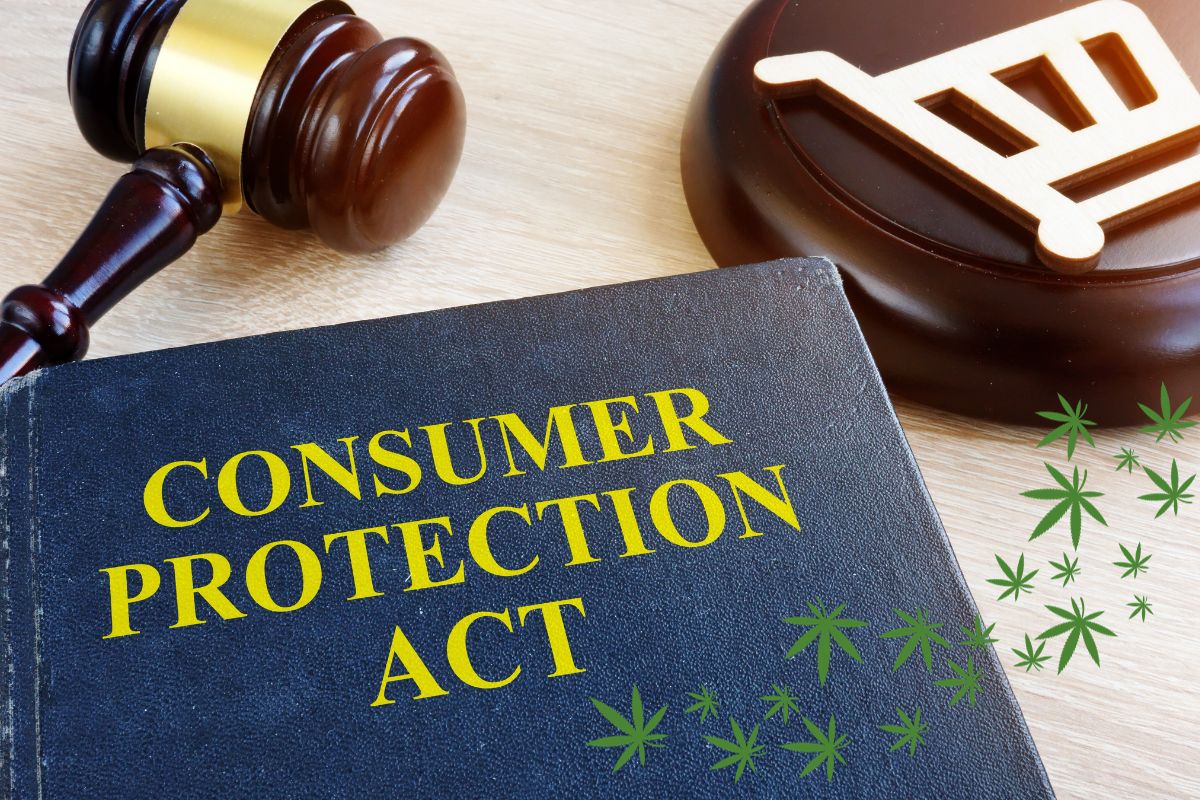
As you navigate the world of Delta 8 THC, it’s crucial to grasp the distinction between products, their potencies, and the importance of reputable lab testing. Making an informed choice will enhance your Delta 8 experience.
How to Choose the Right Delta 8 Product
When considering a Delta 8 product, first determine whether you prefer sativa-dominant strains for creativity and productivity or indica-dominant strains for a more mellow effect. While sativa strains might be suitable for social settings, indica strains are typically associated with relaxation. Examine the product’s taste and smell, as these are indicative of its purity and quality. The market offers a variety of products, from tinctures to consumable delta-8 flowers, so choose one that aligns with your preferences.
Understanding Potency and Dosage
Delta 8 THC products vary in potency, which affects your experience. Start with a lower dose if you’re new to THC, and incrementally increase it to achieve the desired effect. Look for products that list their delta-8 THC content in milligrams to make dosage easier. Remember, higher levels of THC might not suit everyone, so it’s important to know your tolerance.
The Significance of Third-Party Lab Testing
Always check for lab results from third-party testing — this ensures the product is free from contaminants and verifies its potency. Hemp geneticists and manufacturers use isomerization to create Delta 8 THC; third-party lab testing confirms that this process is done correctly. Lab-tested products safeguard your health and provide a reliable delta-8 experience.
Environmental and Legal Implications

As you delve into the world of Delta-8 THC, it’s crucial to understand the environmental considerations of hemp cultivation and the complex legal landscape surrounding its use and sale.
Hemp Cultivation and Environmental Impact
Hemp, including strains that produce Delta-8 THC, is a crop that can influence the environment significantly. The cultivation practices for hemp flower can either support biodiversity and improve soil health or conversely, lead to issues such as land use competition and water consumption. When you choose products, consider their environmental footprint; for instance, organic and sustainably-grown hemp typically has a lower impact on the ecosystem.
Navigating Federal, State, and Local Delta 8 Regulations
From a legal perspective, the consumer’s navigation through the regulations of Delta-8 THC can be daunting. The 2018 Farm Bill federally legalized hemp-derived cannabinoids, including Delta-8, but with less than 0.3% Delta-9 THC content. However, you should be aware that this does not override state and local laws, which can differ greatly. Some states explicitly legalize Delta-8, while others have banned it or fail to distinguish it from federally regulated cannabis. It’s essential for you to consult local laws when considering the purchase or distribution of Delta-8 products to ensure compliance with the legality in your area.
Frequently Asked Questions
In exploring the nuances of Delta 8 THC, understanding the distinctions between sativa and indica strains is crucial for your expectations and experience.
What are the different effects between Delta 8 Sativa and Indica strains?
Delta 8 Sativa strains are typically associated with a more uplifting and energizing effect, while Indica strains are known for their more calming and relaxing influence.
Can Delta 8 Sativa and Indica varieties influence pain management differently?
Yes, the subjective effects of delta-8-tetrahydrocannabinol relative to delta-9-tetrahydrocannabinol and cannabidiol suggest that Indica varieties may be more effective for managing pain due to their sedative properties, whereas Sativa strains might be better for daytime use when you need to remain more alert.
How do the experiences of consuming Delta 8 Sativa edibles compare with those of Indica?
Consuming Delta 8 Sativa in edible form can result in a prolonged, steady increase in energy and focus, whereas Indica edibles often lead to a deeper sense of relaxation and can aid in sleep.
What can be expected from the feeling of a Delta 8 Sativa product?
You can expect Delta 8 Sativa products to produce a clearer high that can enhance creativity and activity, making them suitable for daytime use.
How does the potency level of Delta 8 Indica compare to other strains?
The potency level of Delta 8 Indica is generally on par with other Delta 8 strains; however, the effects may feel more intense due to the profound relaxation it typically induces.
What should one consider when choosing between Delta 8 Sativa, Indica, or Hybrid for specific effects?
When choosing between Delta 8 Sativa, Indica, or Hybrid strains, consider the desired outcomes: Sativa for more cerebral effects and energy, Indica for relaxation and possibly better sleep, and Hybrid for a balance between the two.

